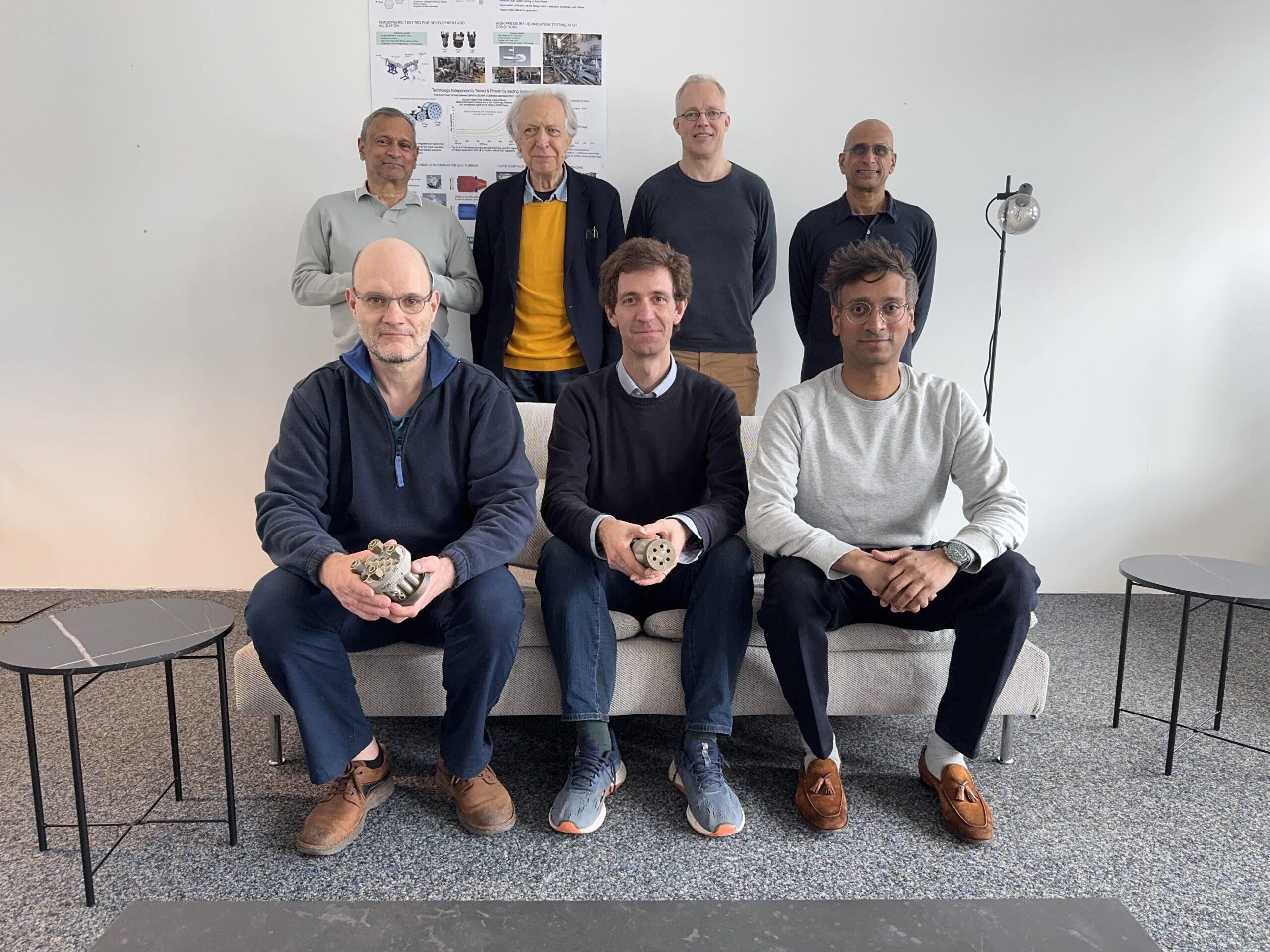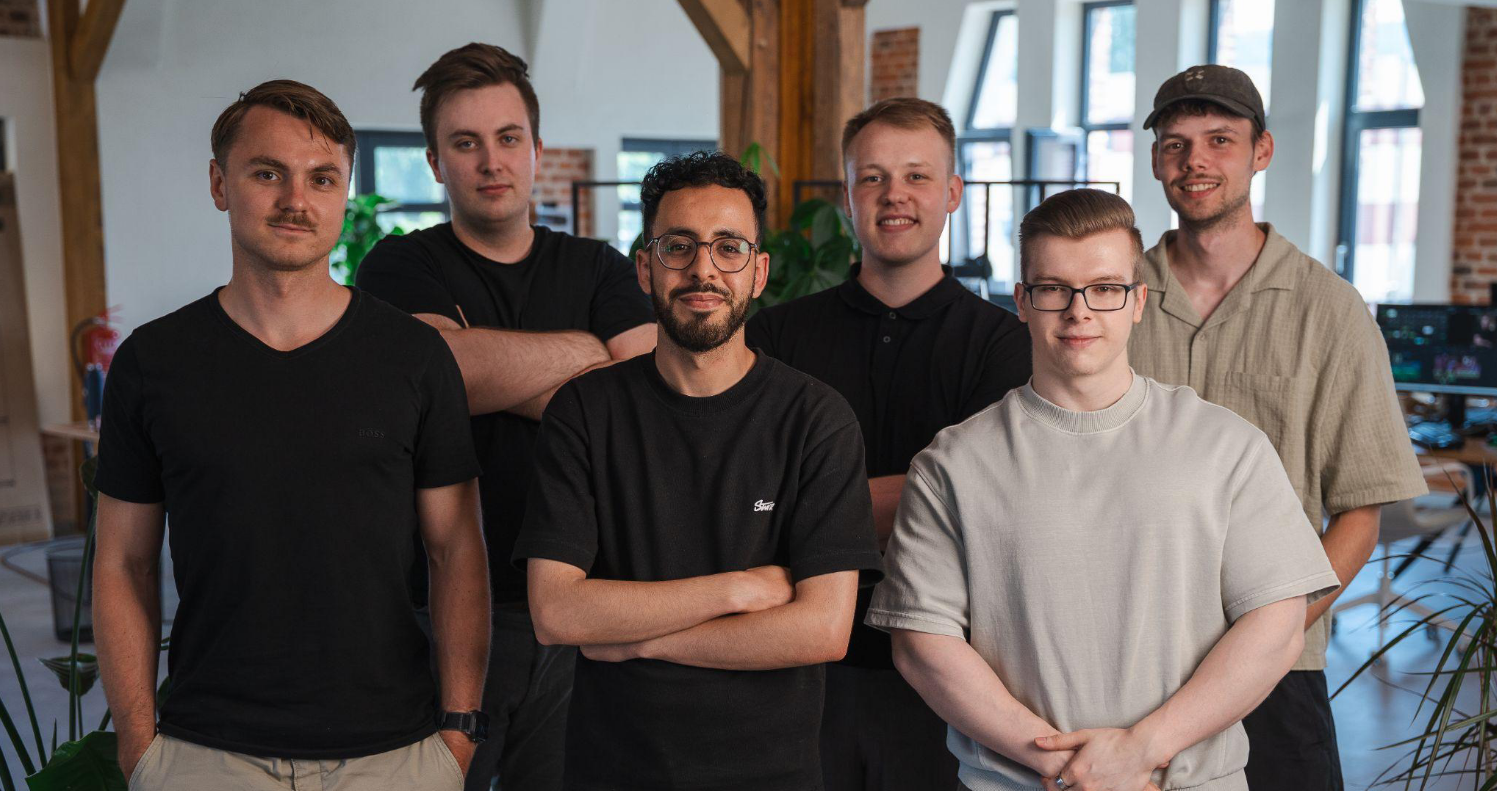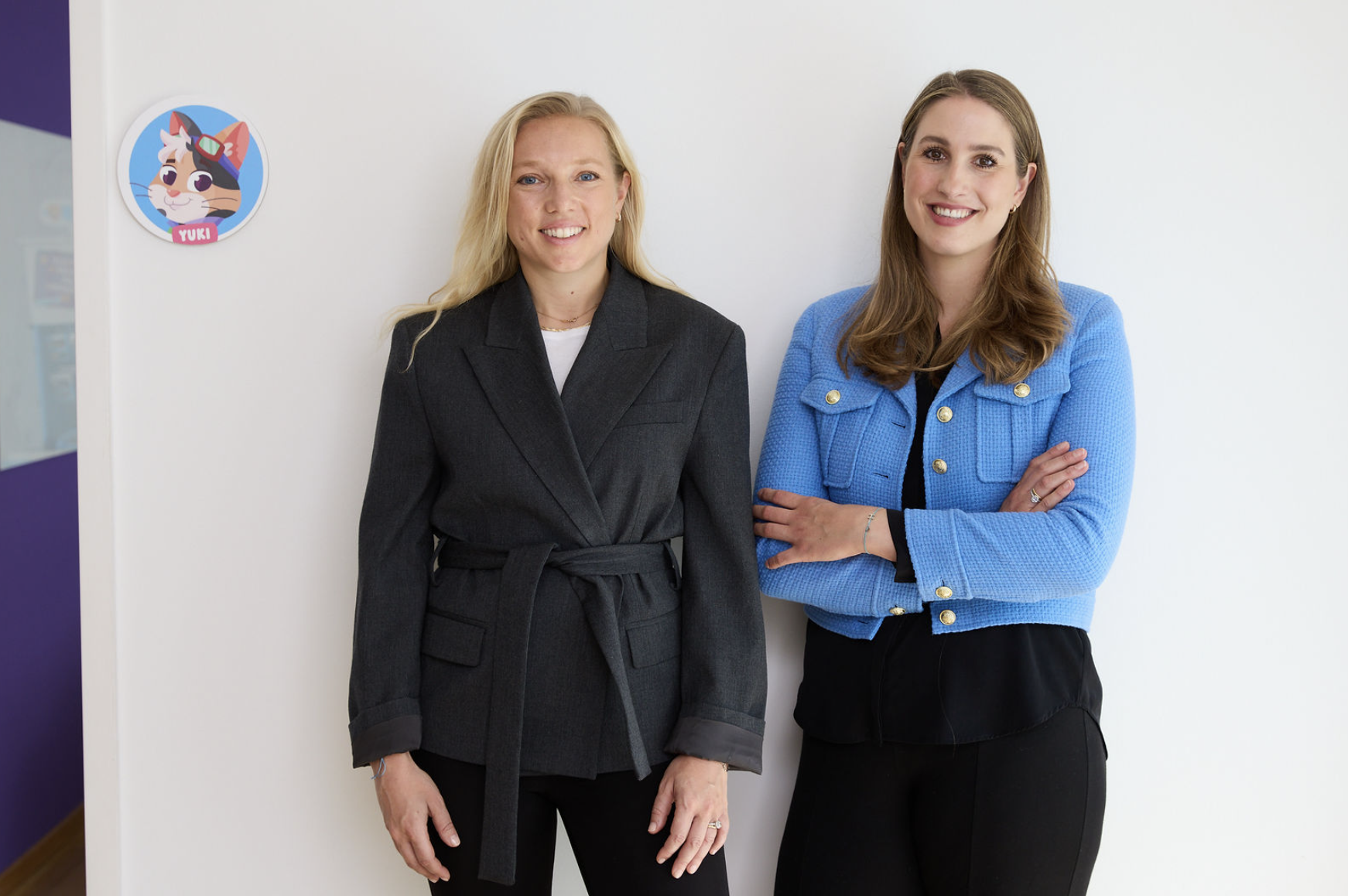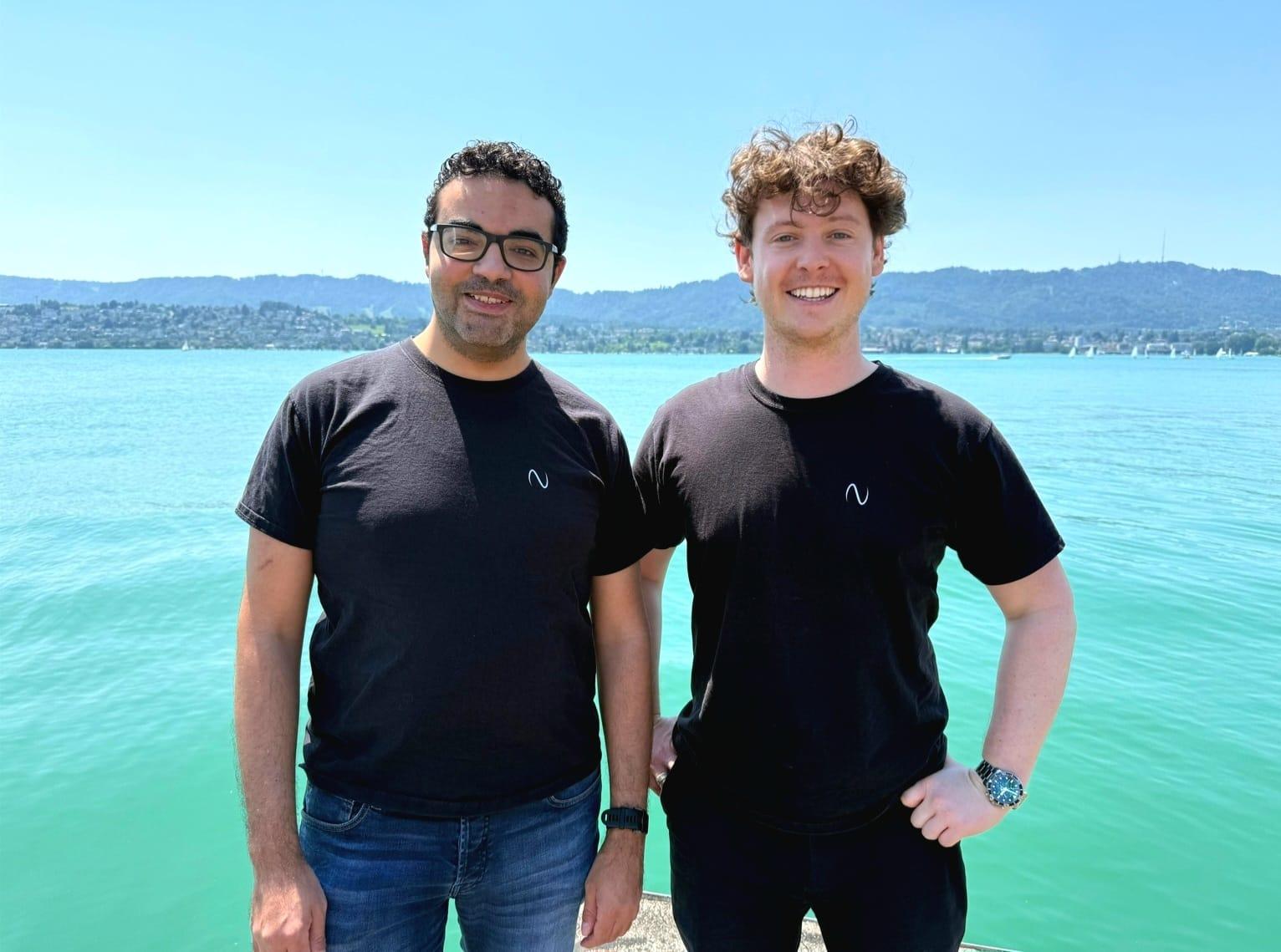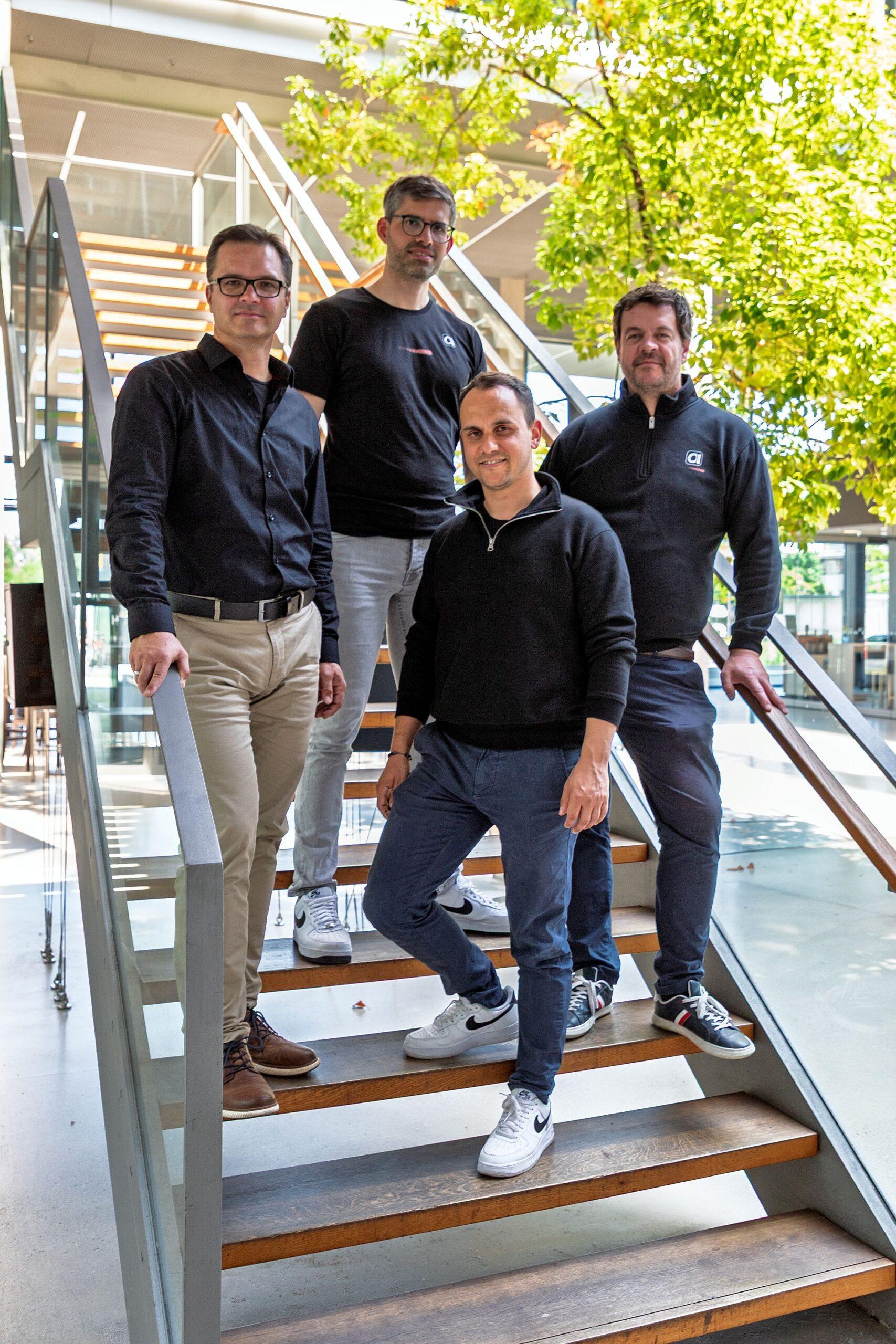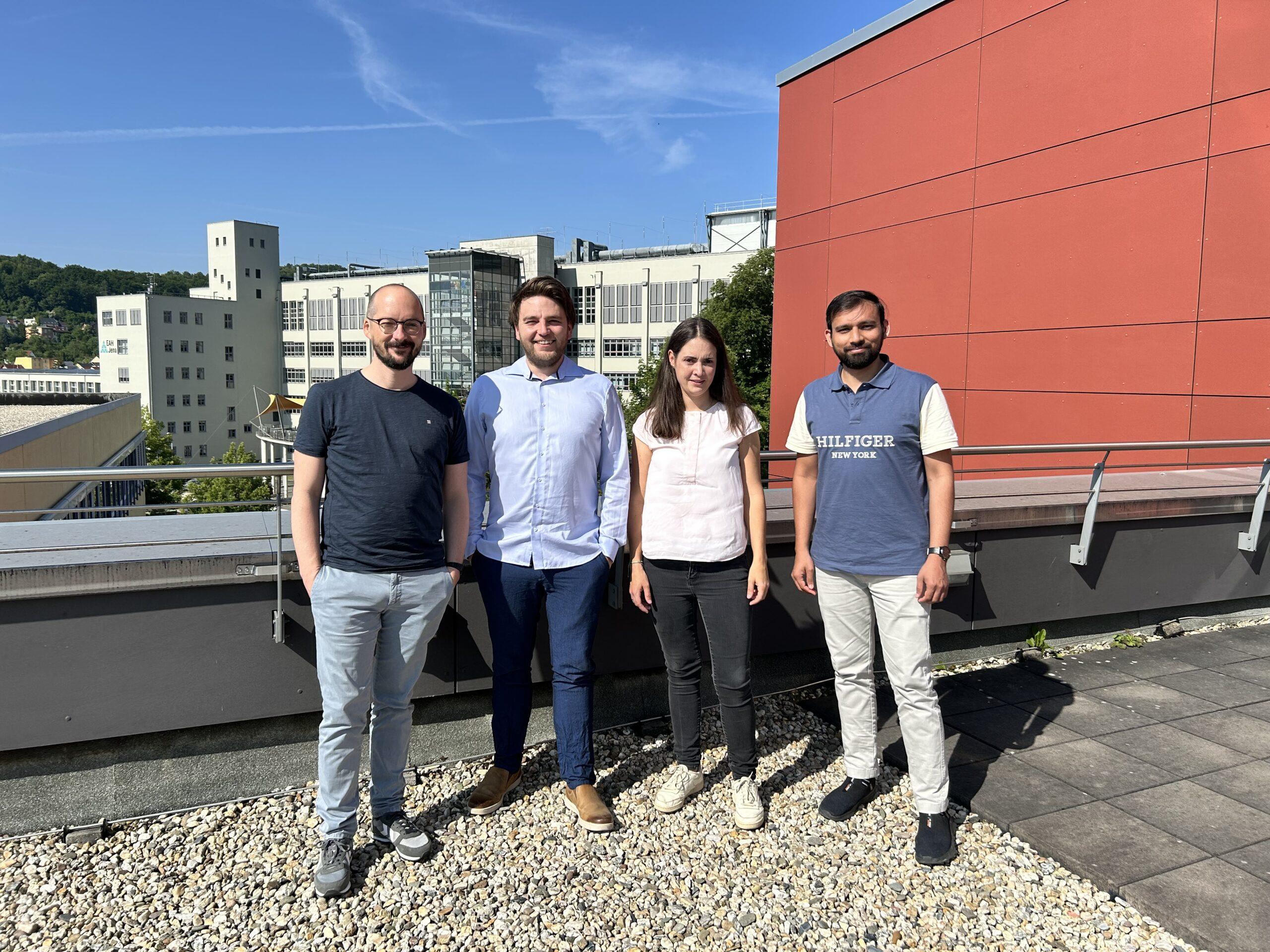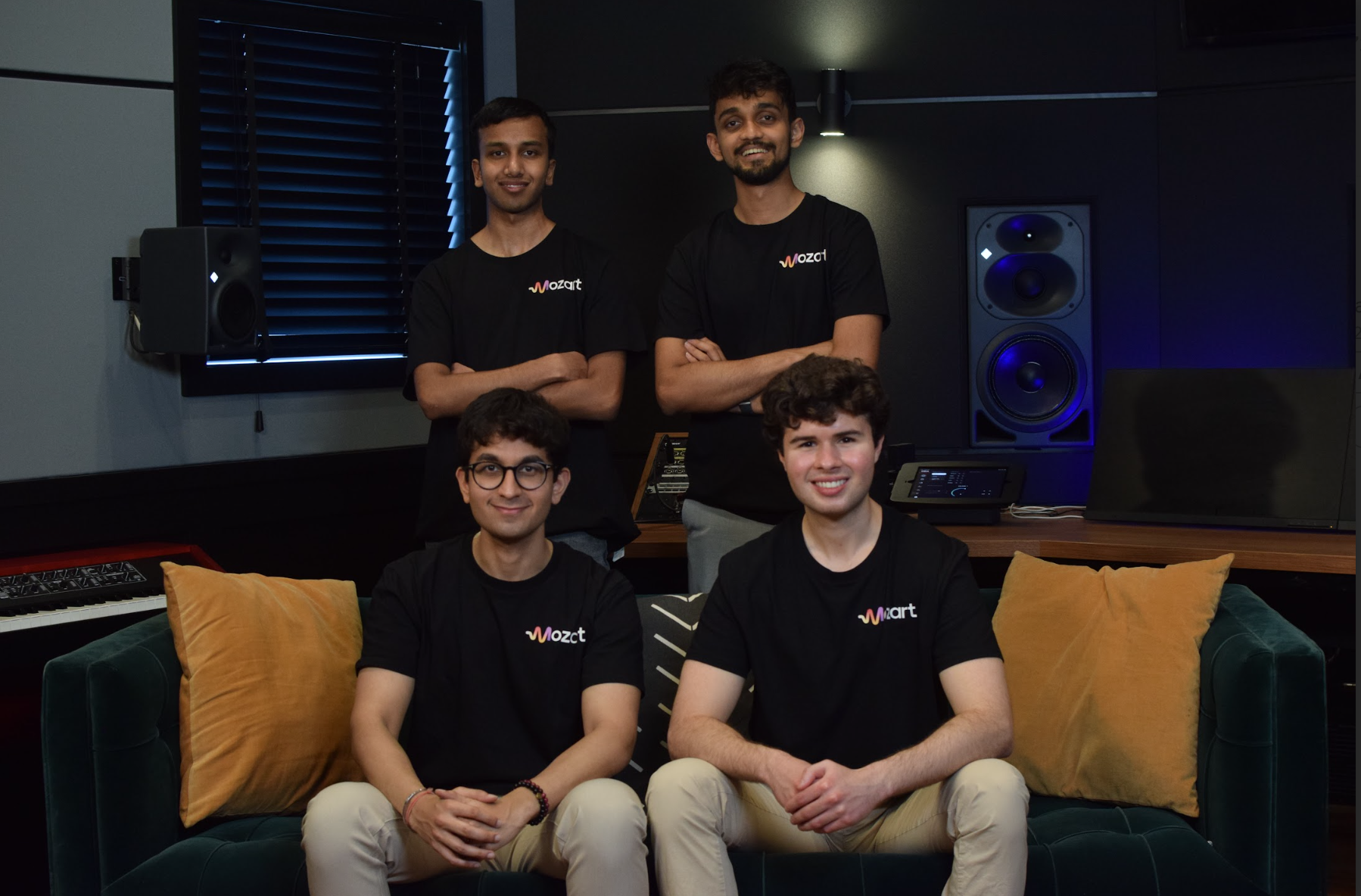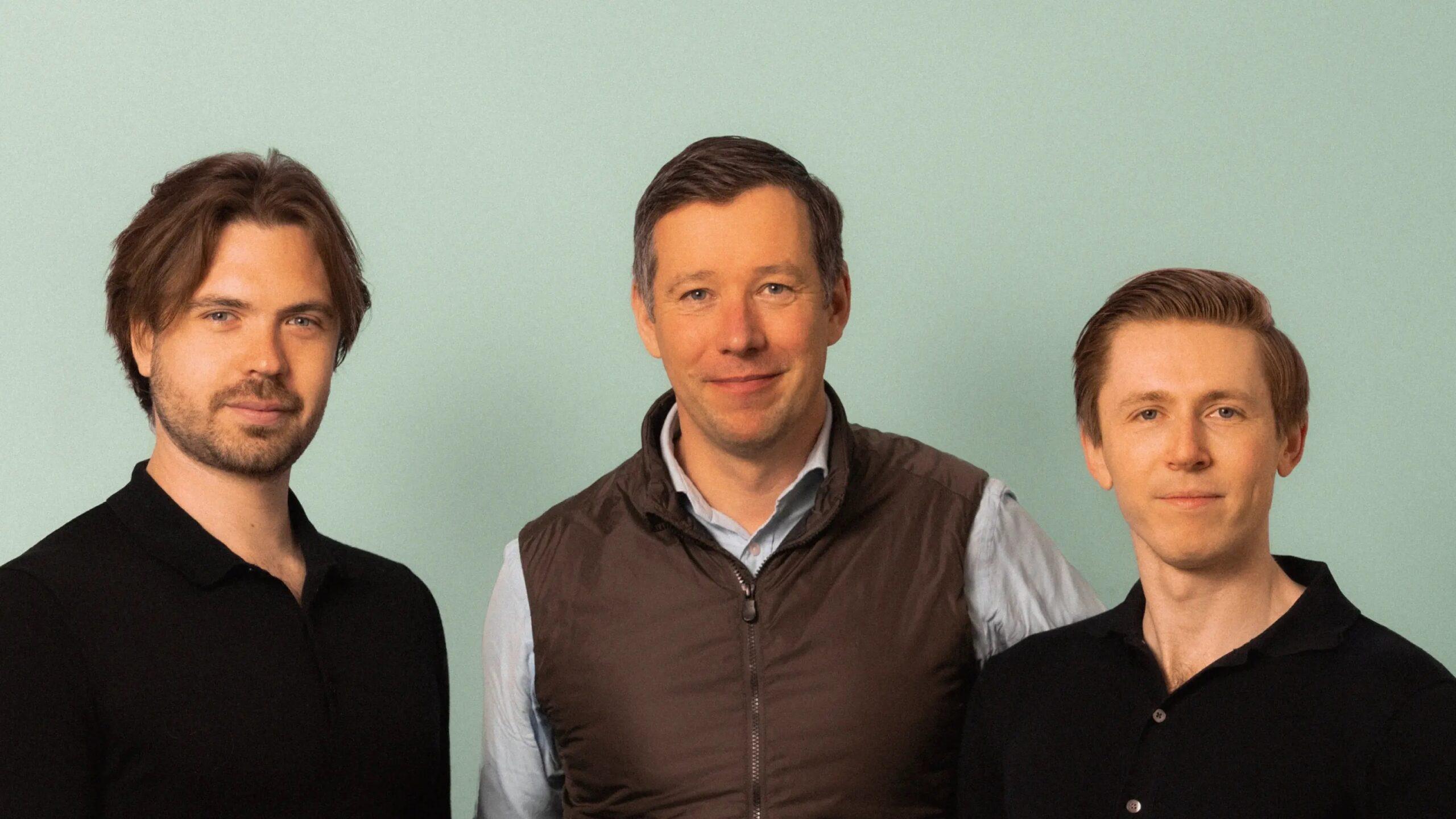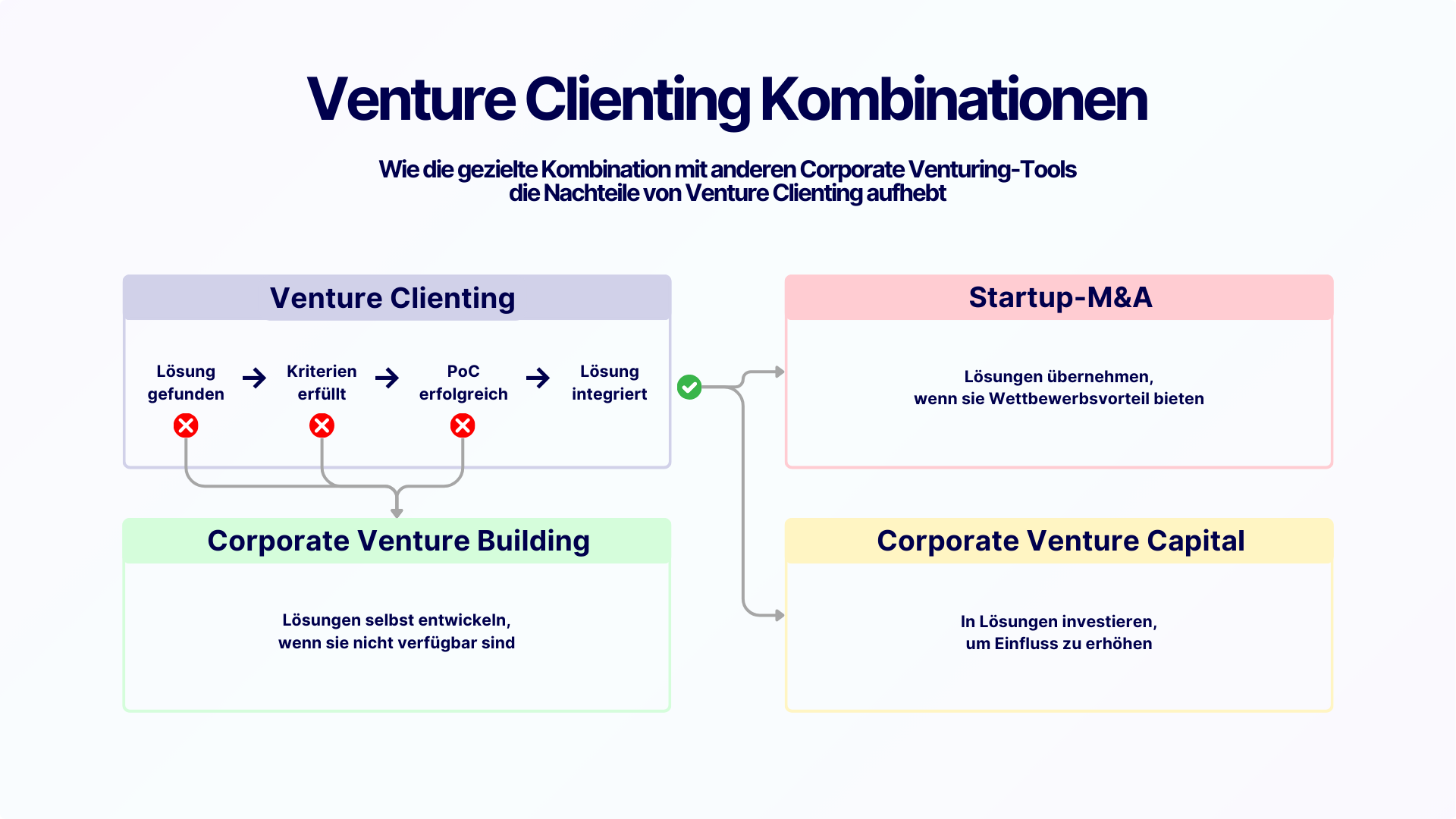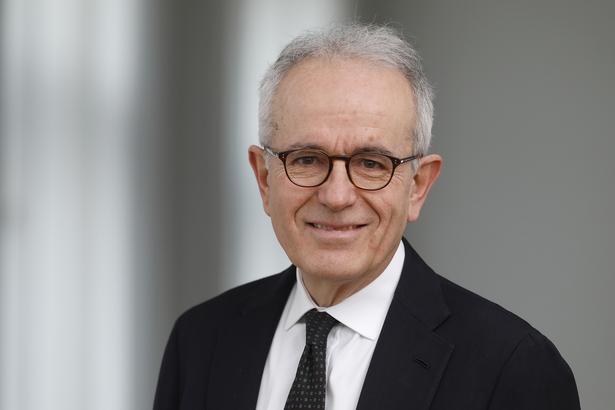"Anyone can make a glossy pitch deck, it's no longer an art"
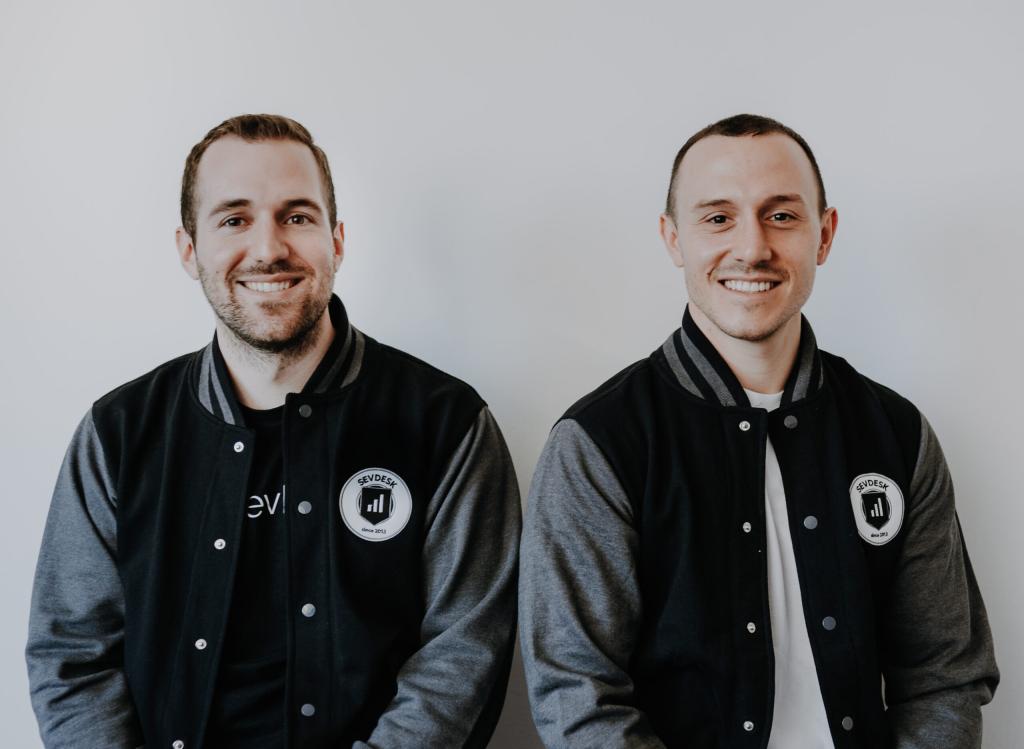
The accounting start-up sevDesk has raised 50 million euros from investors. Here, CEO Fabian Silberer explains for the first time how to attract a US investor, why he no longer has to pitch today and gives tips on how founders can inspire investors.
SevDesk founder Fabian Silberer is actually more of a "techie" at heart, as he says, having written many lines of program code for the start-up's software. Then his skills were no longer sufficient and he turned his full attention to running the company and developing the strategy. For the Startbase interview, he has a baseball cap on and the typical bookshelf in the back, which is a must for an interview in Corona times.
Mr. Silberer, you were able to attract prominent investors for your start-up sevDesk, including Celonis investor Arena Holding. How did you get involved?
We have now reached a size and speed of sales growth that international investors are approaching us. I actually receive inquiries every week from investors who would like to work with us or invest in us. It is very important for us to keep in touch with them and to maintain contact for months. A relationship really needs to develop before the next round of financing.
How do you keep in touch?
It's like a relationship. You get to know each other, you write to each other and then you reveal something about yourself and ask for something from the other side in return. I wouldn't give out our company figures first. Instead, I write to the investors that we have a challenge and ask if they have any ideas for solving it. If they come back with good answers, we as a company disclose something again and so on. You can tell very quickly from the answers whether a relationship can develop or not.
If you create the Fear Of Missing Out (FOMO), then investors are also keen on it.
Fabian Silberer, head of sevDesk
Do you also approach investors proactively when it comes to financing rounds?
No, not for a long time now. In fact, it's usually wise to do the opposite, i.e. to keep investors at a distance for the time being and say: 'No, I can't invest at the moment, but there will be a financing round in three months, so be ready then'. At that time, it is also important to show that others are interested in the deal and that it is really hot. If you create the Fear Of Missing Out (FOMO), then investors are also keen on it.
What do you look for in investors?
Money and the "terms" are not that important to us. We want an investor who shares our values and vision. If that's not the case, you suddenly have someone on board who wants to steer you in the completely wrong direction. Of course we don't want that. Culture is so important to us that our "cultural ambassadors" also subjected the investors to reverse due diligence. This was completely new for the investors and impressed them. Really good investors also come very well prepared; some of them have read every single Kununu review. Of course, this is much more convincing than someone who has thrown our five most important key figures into a tool.
How did you then organize the process for the financing round?
We actually have a multi-stage process. At the beginning, we ask key questions to find out: Does the investor even fit in with us as a company and does he share the same values? One of the questions would be, for example: How would you maintain sevDesk's culture as the company grows to several hundred employees? How do you see the internationalization of the business model? What is your product vision? That filters out a lot of people who don't fit in with us. Only when there are only a few left do we talk about terms, veto rights and everything that goes with it.
US investors focus much more on the people and the team
Fabian Silberer, head of sevDesk
What advice do you have for founders who are organizing this process?
We took this completely into our own hands. We set an exact date for when we would start, then filtered quickly and effectively and also gave the investors clear deadlines for their feedback. If none came, it was clear where we stood. We also planned everything very precisely: When does the pitch deck have to be ready? When does the pitch start? When do we release financial figures? Which lawyer will accompany us? Never go into a meeting unprepared, that is also very important.
Are there investors who are so badly off the mark?
I noticed that with two of them. One of them once told us about another start-up that was very successful in the sales area with classic hire and fire. He was out for us immediately. Another wanted us to expand into the USA immediately and didn't see that the German market was big enough and not saturated at all. That was the end of the conversation.
How do negotiations with US investors differ from those with German or European VCs?
US investors focus much more on the people and the team. In the early years, many European and German VCs fought over every sentence in the term sheet and tried to make a little more margin. That is currently changing and you shouldn't lump everyone together. But it's very different with US investors. They say 'I don't give a fuck', the term sheet is not decisive for them.
What many founders need to work on is storytelling
Fabian Silberer, sevDesk
You also pitched yourself for a long time and didn't receive any inquiries from investors. What was the success rate back then?
That was in 2016 and 2017, when we must have pitched 50 times and only once did anything come of it, which was very frustrating overall. The most important thing I learned back then and what I still see as a business angel today is that anyone can create a glossy pitch deck, it's no longer an art. Investors look much more at the team and whether they want to build up this company in the long term and are committed.
What advice would you give young founders on what they should pay more attention to when pitching?
What many founders need to work on is storytelling. We did that wrong back then too. We said the following in a very stupid and matter-of-fact way: problem, solution, market, business model. That didn't excite anyone and is actually already the minimum standard. But our parents, for example, were both self-employed and had problems with bookkeeping. So we have a real childhood trauma that we now always talk about. It's the personal aspects that are convincing, not the pitch deck that always looks the same. And a really sound strategy is important.
To what extent is the strategy for a financing round really fundamental?
It's much more important than you might think. We made the mistake of underestimating it for a long time. A nice vision is not enough. That's why we sat down last year and went through the strategy down to the smallest detail, which also helped with the financing round. Investors hear a lot of visions and they always sound great, but if they are not well-founded, they pick them apart point by point.
Thank you very much for the interview.
Personal details: Fabian Silberer is the founder and CEO of sevDesk, a cloud-based accounting software for the self-employed and small businesses. The 30-year-old founded the software start-up in 2013 together with his fellow student Marco Reinbold. Today, sevDesk employs over 165 people in Offenburg.

Newsletter
Startups, stories and stats from the German startup ecosystem straight to your inbox. Subscribe with 2 clicks. Noice.
LinkedIn ConnectFYI: English edition available
Hello my friend, have you been stranded on the German edition of Startbase? At least your browser tells us, that you do not speak German - so maybe you would like to switch to the English edition instead?
FYI: Deutsche Edition verfügbar
Hallo mein Freund, du befindest dich auf der Englischen Edition der Startbase und laut deinem Browser sprichst du eigentlich auch Deutsch. Magst du die Sprache wechseln?






